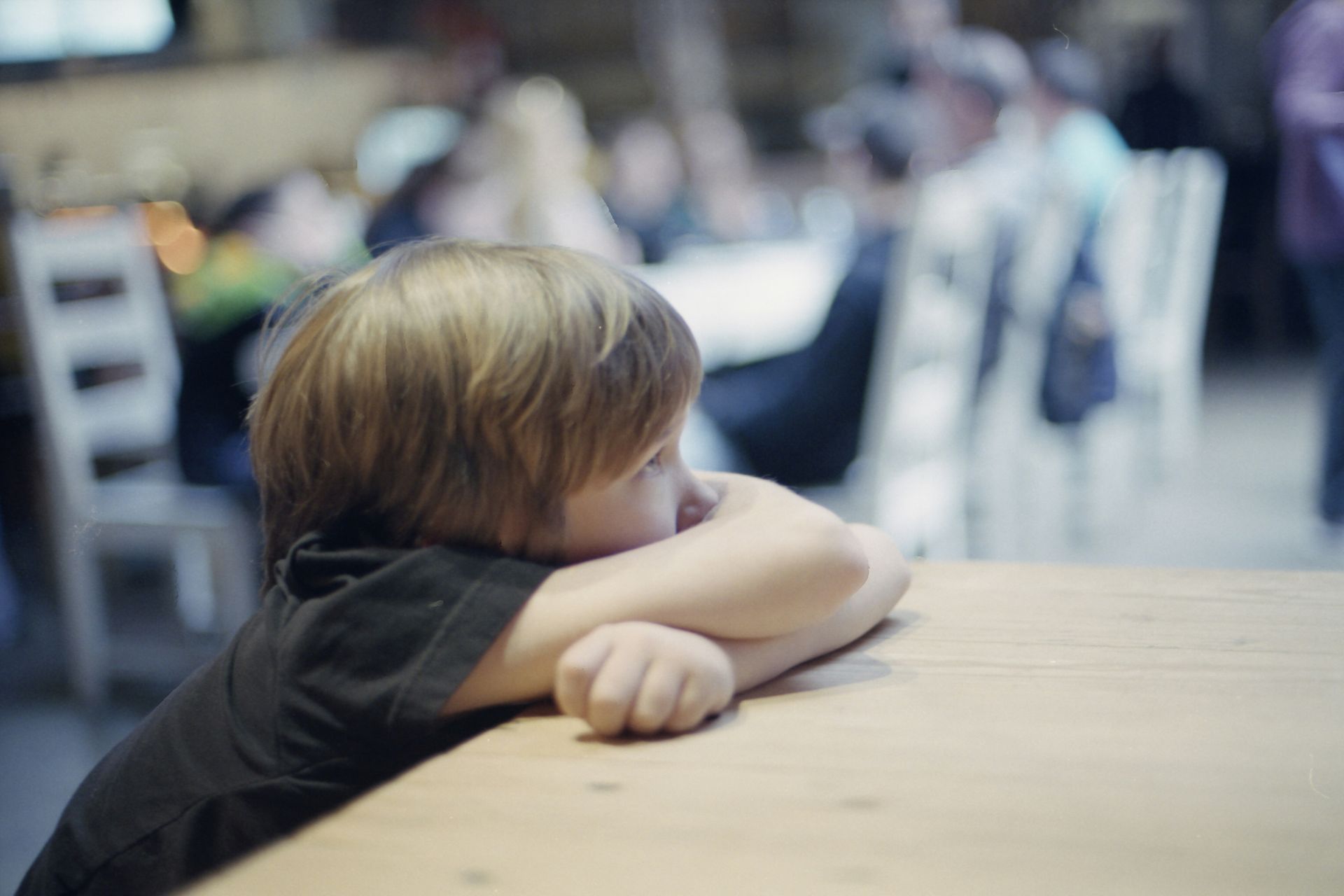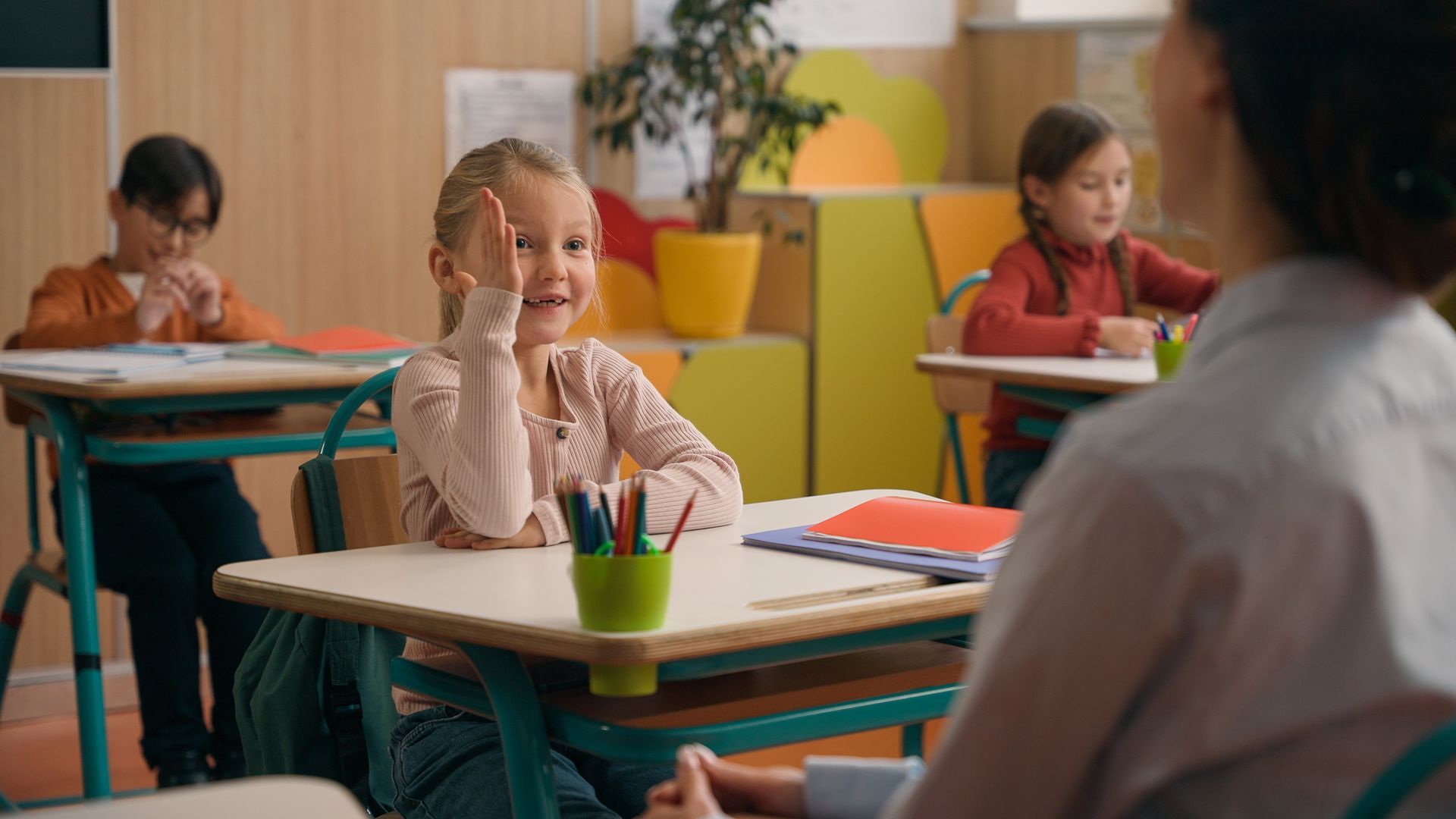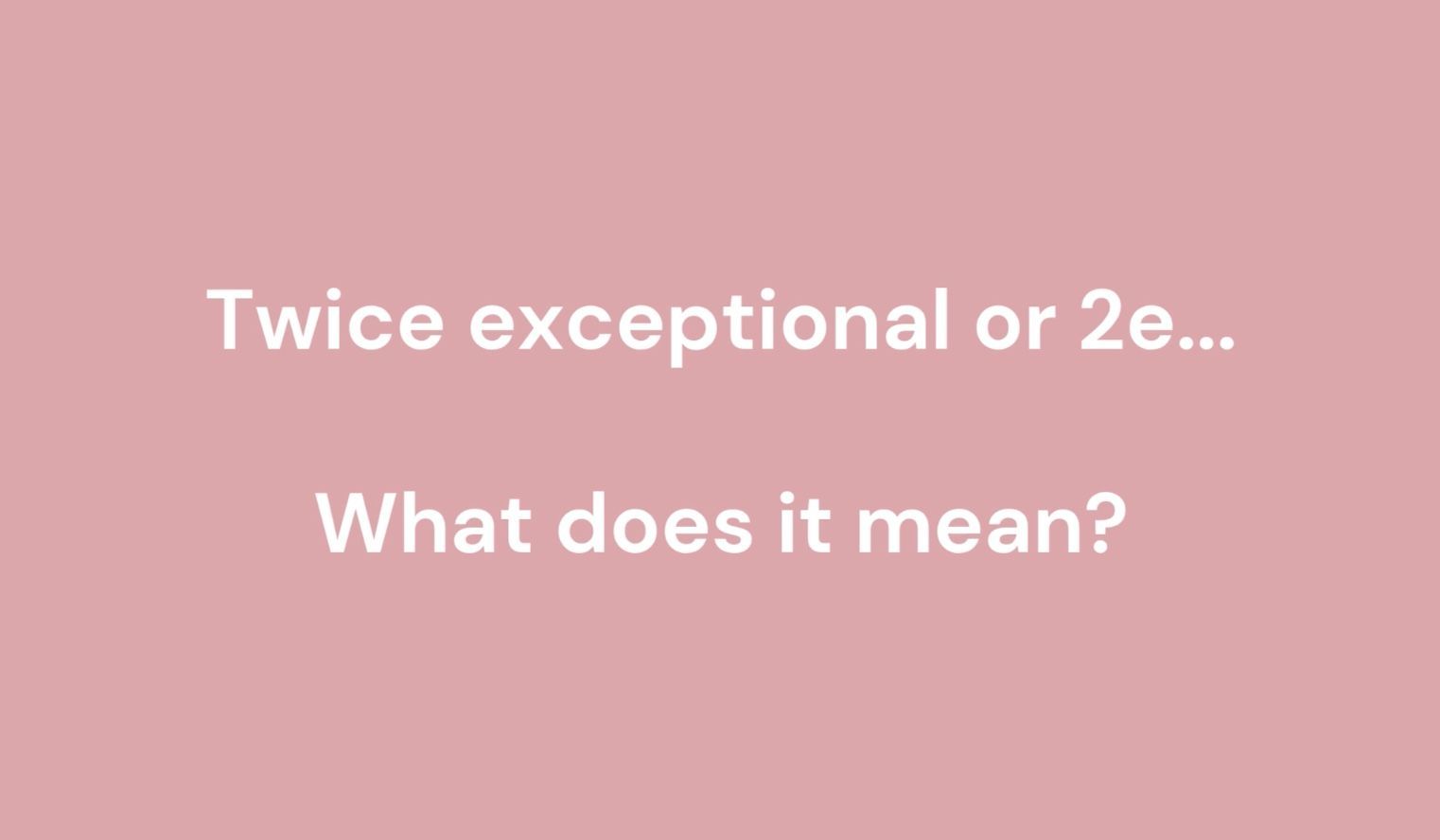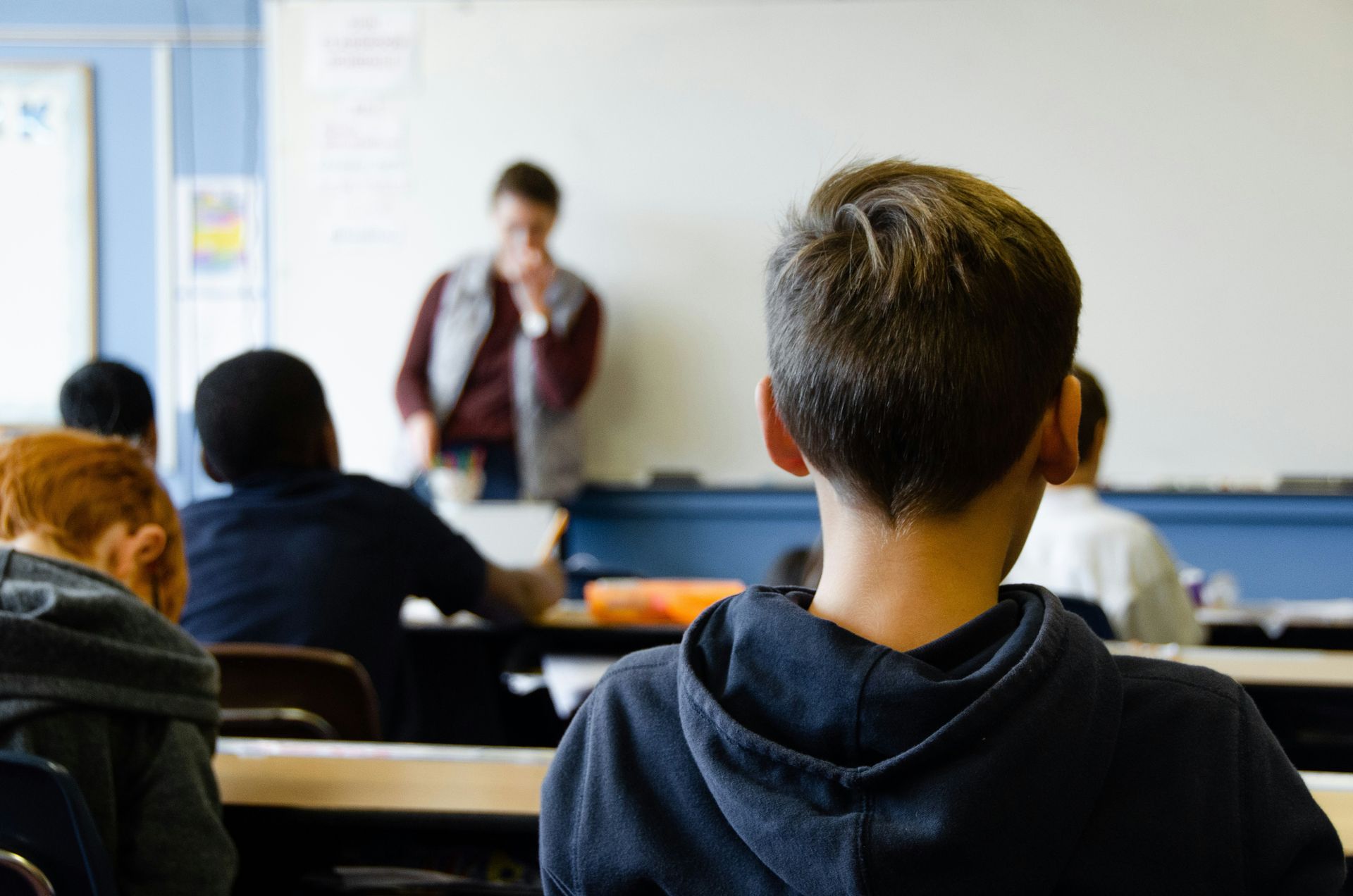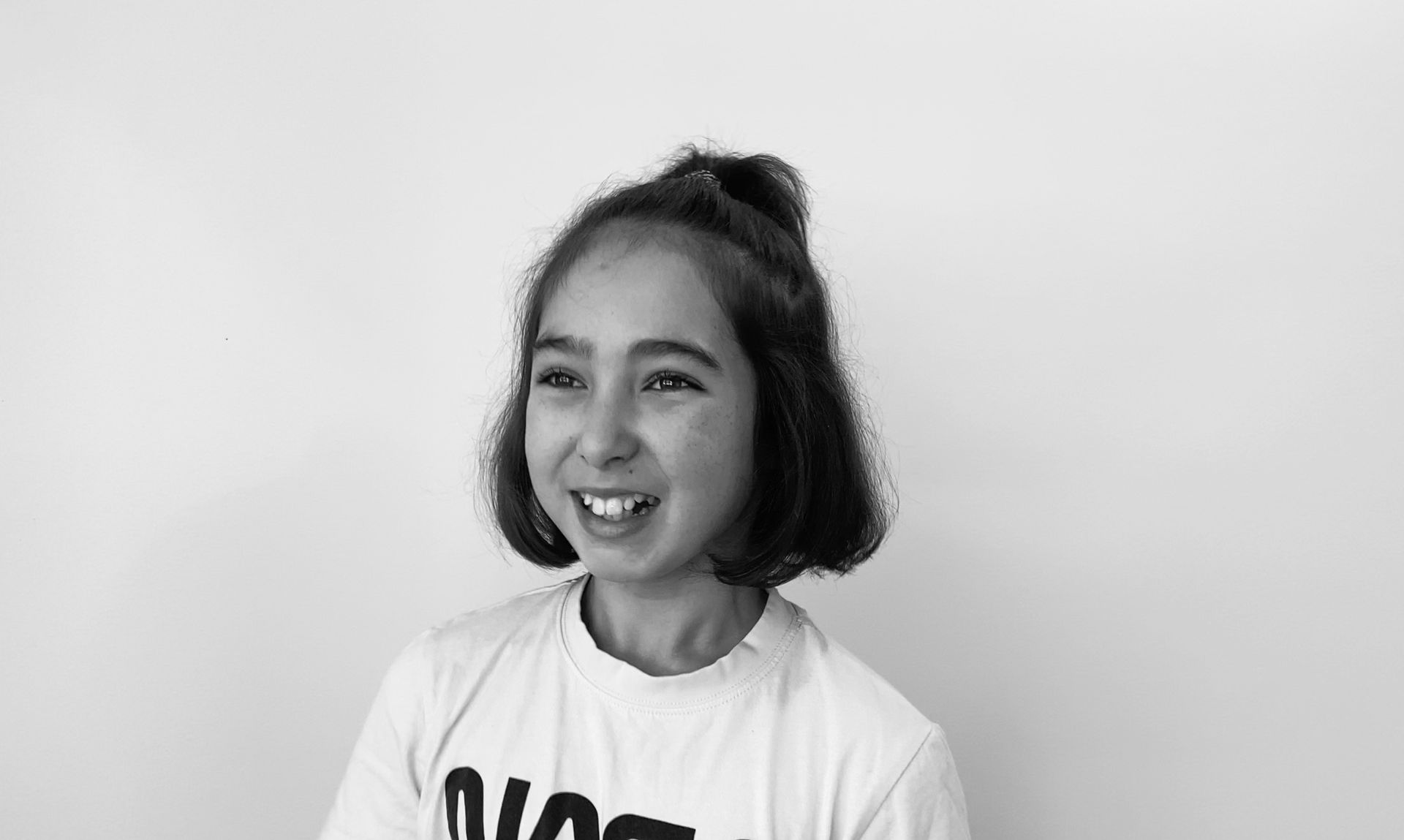Long Odds Sabotage our Brightest
The challenge of identification and appropriate provision for gifted students is compounded for socio-economically disadvantaged students. Contrary to popular belief, giftedness is found across all sectors of society regardless of socio-economic status, ethnicity, geographic location or physical ability.
In many states, the 10% of students who are academically gifted struggle to be recognized and catered for within their schools.
Even where there are programs for gifted students, those from low socioeconomic backgrounds are underrepresented.
In Australian states where the socioeconomic average is particularly low, this presents a real problem!
We all recognize that, for young people in the developing world, education is a pathway out of poverty. Applying that to our own society, and particularly to the gifted from low socioeconomic backgrounds, is more challenging.
I have taught in a developing country, in an area that was poor even by that country’s standards, yet there were gifted students from amongst the poorest of those families who, as first-generation learners, valued the opportunity for education and had the moral support of their families and the practical support of the country’s system in pursuing education at primary, secondary and tertiary levels.
My own family was effectively economic refugees. We came to Australia as “£10 poms”. My father perceived that Australia would provide opportunities that were not available to him; he had passed his Cambridge entrance exam but at 16 his family needed him to go to work to help support the rest of them.
My family supported school achievement but living in a housing commission area, I learned to keep a low profile to avoid bullying and to keep publicly quiet about my academic progress, which I instinctively felt was not totally acceptable in that suburb.
Gifted students from low socioeconomic areas experience challenges. Their families or communities may not value education and may perceive that academic success is a demonstration that the young person thinks themselves better than the rest of the community.
In lower socioeconomic areas, homes may not have resources to assist development of intellect that other communities might take for granted: books, strategy games, creative construction toys, etc. A young person’s earning capacity at a less-skilled job might be seen as preferable to aspirations for a career pathway that requires further education. Multigenerational unemployment is unlikely to provide an environment supportive to a gifted child.
If gifted students from families with higher socio-economic status don’t have their needs met in schools, their families may access after school activities or tutoring. Other families cannot afford this.
Some parents from professional backgrounds may not have knowledge and confidence to negotiate with schools for appropriate educational pathways for their children; parents from lower socioeconomic backgrounds, with even less knowledge and less sense of empowerment, stand little chance.
Identification of gifted students is a widespread problem; for parents who cannot afford private testing the waiting time for school-based testing can be a couple of years, or more. Some education systems require that particular tests be used to identify giftedness. While there exist a variety of tests that are not culturally biased and do not rely on the existing vocabulary or prior experiences of a child, the preferred tests tend to favour those from more affluent backgrounds. International research shows us that there are significantly fairer outcomes when less biased tests are used.
Despite large amounts of money having been invested in schools in lower socioeconomic areas these still tend to be lower performing and incidental conversations with staff at these schools may suggest that there are no gifted children enrolled. Gifted students in these schools may easily go unrecognized while their teachers cope with more demanding daily problems.
Dumbing down to fit in is not uncommon behaviour in gifted students; the “social acceptability” status of gifted students amongst their peers is very low – unless they are particularly good at sport, which might somewhat mitigate their academic giftedness in the eyes of their peers! This is even more prevalent amongst those from lower socioeconomic backgrounds.
Overseas experience shows that gifted students from low socioeconomic backgrounds who have access to gifted specialists are more likely to develop the knowledge and skills to source funding opportunities and scholarships to take their education further.
We need to act now to start to remedy this inequality.
This article is adapted from one written for Talking Point in The Mercury in August 2019.
Lynne Maher is past president of TAG www.tasgifted.com, a qualified teacher and the mother of a gifted son who is now an adult.
Disclaimer: The views and opinions expressed in this blog are those of the author and do not necessarily reflect the official policy or position of the AAEGT.
Share this resource
Resources
